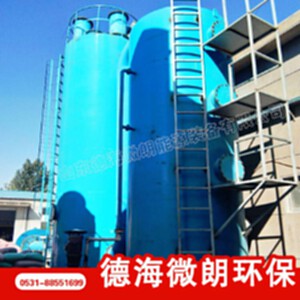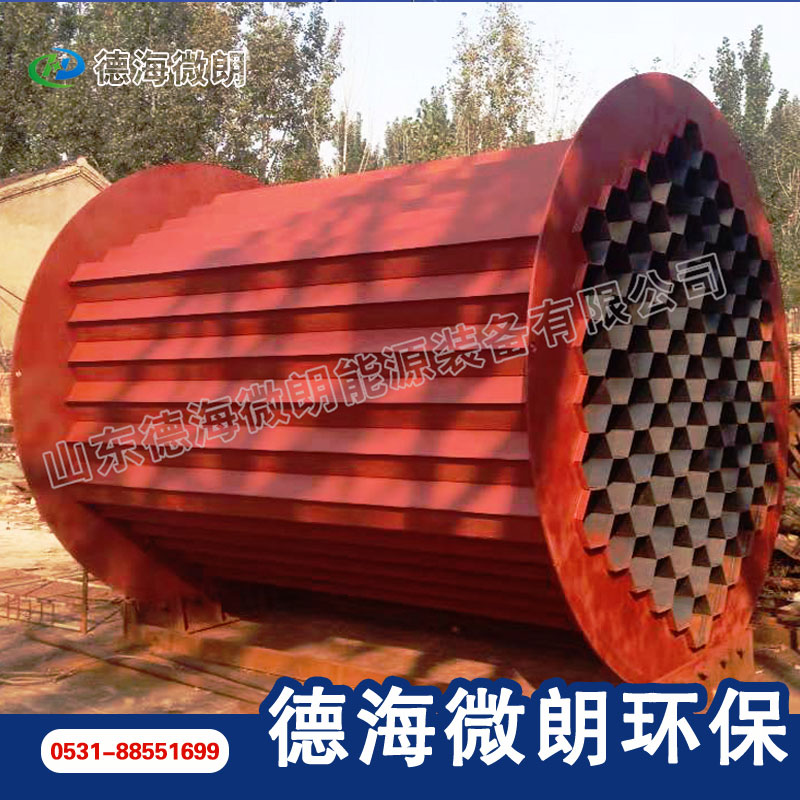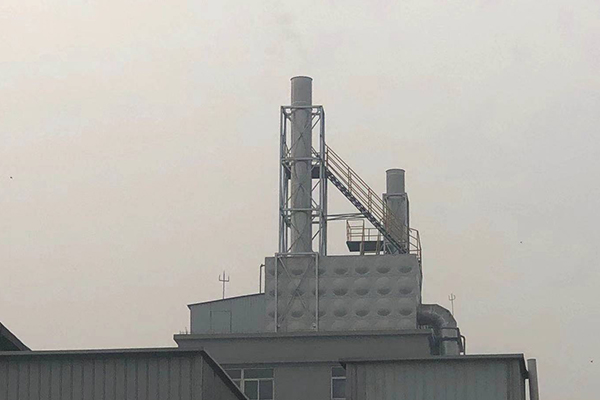
Compared with ordinary vacuum cleaners, the industrial central dust collector has a powerful dust collection function and can be cleaned quickly, avoiding secondary pollution caused by dust and noise pollution: 1. The dusty gas enters the ash hopper of each sub room from the air inlet equalizing pipe of the dust remover. The central dust removal of the workshop is customized and guided by the ash hopper guide device. 2. The large particles of dust are separated and directly fall into the ash hopper, while the fine dust enters the middle box evenly and is adsorbed on the outer surface of the filter bag. Clean gas enters the upper box through the filter bag and is discharged into the atmosphere through offline valves and exhaust pipes. 3. Timing or manual cleaning can be adopted: each chamber of the pulse bag filter will be cleaned in turn, and the chamber that has completed the cleaning will be restored to the dedusting state immediately. 4. Open the electric control pulse valve according to the set procedure, stop air blowing, use the compressed air instantaneous blowing to increase the pressure in the filter bag, shake the dust on the filter bag into the ash bucket, and discharge it by the ash discharge mechanism. 5. With the increasing dust on the outer surface of the filter bag, the differential pressure monitoring system will send a signal when the equipment resistance reaches the set value. 6. The dust removal mechanism starts to work, and compressed air is sprayed from the pulse valve, and then shot into the filter bag through the blowing pipe and nozzle. The filter bag expands and vibrates instantaneously, so that the dust on the surface is removed and dropped into the ash hopper, which is discharged by the ash discharge valve. 7. With the progress of filtering conditions, the dust on the filter bag will accumulate more and more. When the equipment resistance reaches the limited resistance value, the ash removal control device will automatically close the offline valve of one chamber according to the differential pressure setting value or the ash removal time setting value.
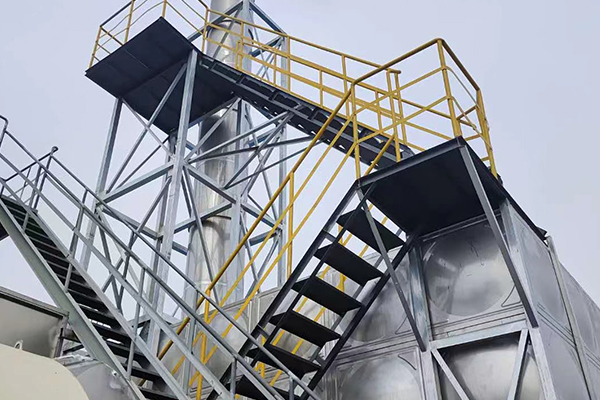
I. Efficient deodorization II. No substances need to be added III. Strong adaptability IV. Low operation cost V. No treatment VI. Small area of equipment VII. Manufacturing of high-quality imported materials
Application industry: It is applicable to the disinfection and preservation of air, water, objects, fruits and vegetables, grains and other viruses and bacteria, grain storage, feed bait, marine lakes and other bacterial carriers in indoor and outdoor spaces of all walks of life.
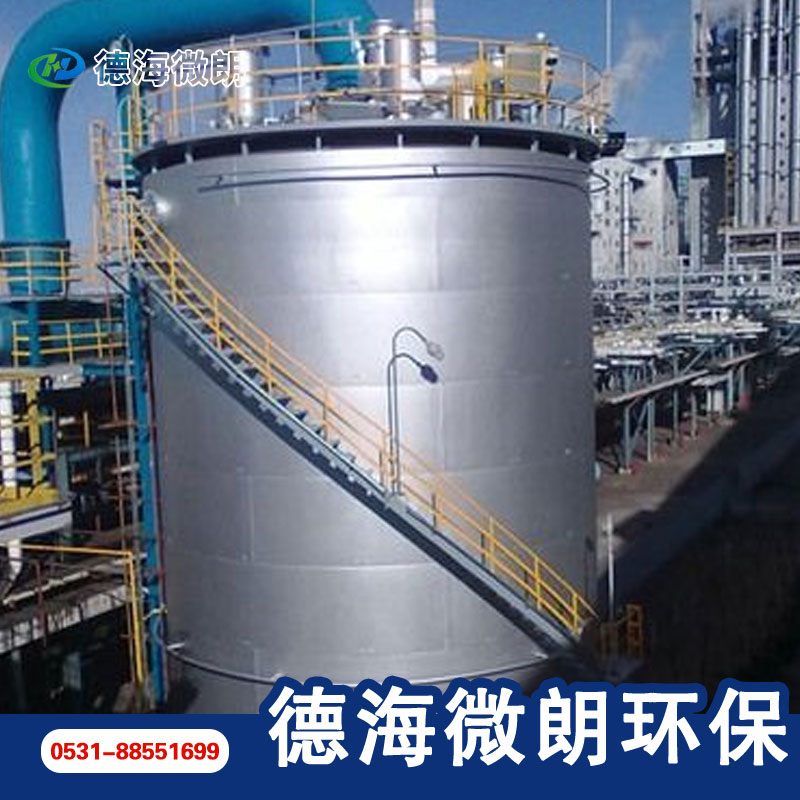
working principle: The thermal storage catalytic combustion equipment uses natural gas to directly burn organic waste gas. Under the temperature of 750~850 ℃, organic molecules are decomposed into CO2 and H2O. The burned flue gas accumulates heat in the ceramic through the thermal storage ceramic brick, preheats the organic waste gas, and then discharges it. The inlet and outlet directions of the waste gas are automatically switched by the switch valve, and work circularly, RTO can fully recover and burn organic decomposition heat energy, which greatly reduces the energy consumption of the system. Catalytic combustion equipment is applicable to industries: Applicable to the treatment of mixed combustible organic waste gas and odor with large and medium concentration (thousands of ppm) and medium air volume Applicable to waste gas treatment in paint shop Applicable to waste gas treatment of electronic product manufacturing and integrated circuit Applicable to waste gas treatment in printing process and injection molding process Applicable to the treatment of organic waste gas generated in petrochemical, medical and other industries Technical features of regenerative catalytic combustion equipment: Wide range of exhaust gas; High waste gas treatment efficiency; Less maintenance work, safe and reliable; Low pressure loss and high purification efficiency; Long service life of equipment; Low operation cost
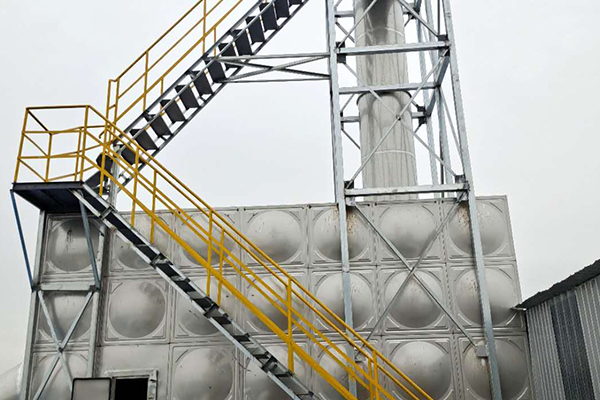
Application industry: It is applicable to odor control in municipal sewage, sewage pump station, garbage treatment plant (station), petroleum and petrochemical industry, pharmaceutical and chemical industry, food processing, spraying, printing prevention, leather processing and other production industries.
Application industry: It is used for liquid purification such as water and paint, solid-liquid separation in machinery, metallurgy, chemical industry, prevention and control, printing, electric lock, medicine, food and other industries, food and beverage, fruit wine, biochemical water treatment, high-end aquaculture, etc.


